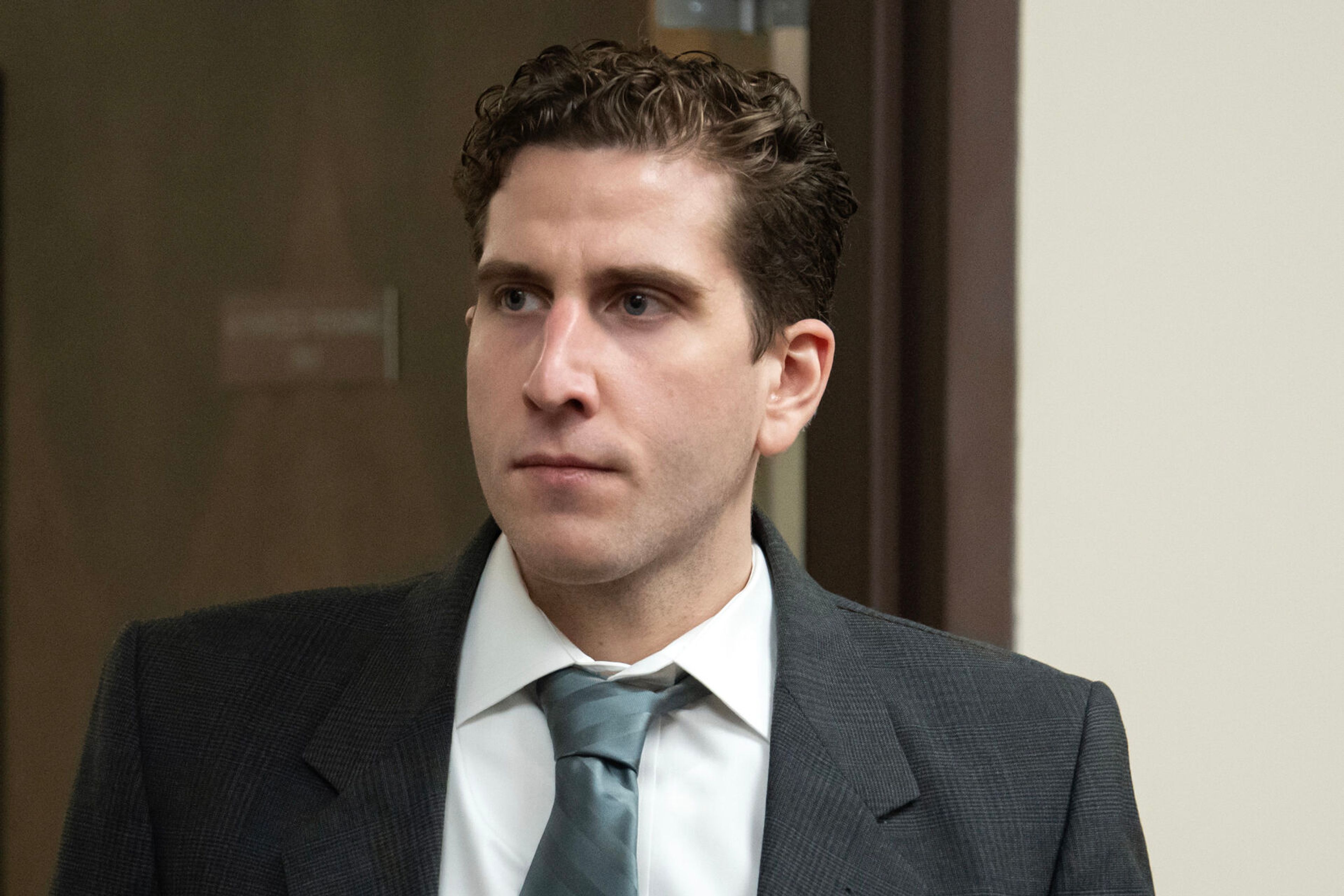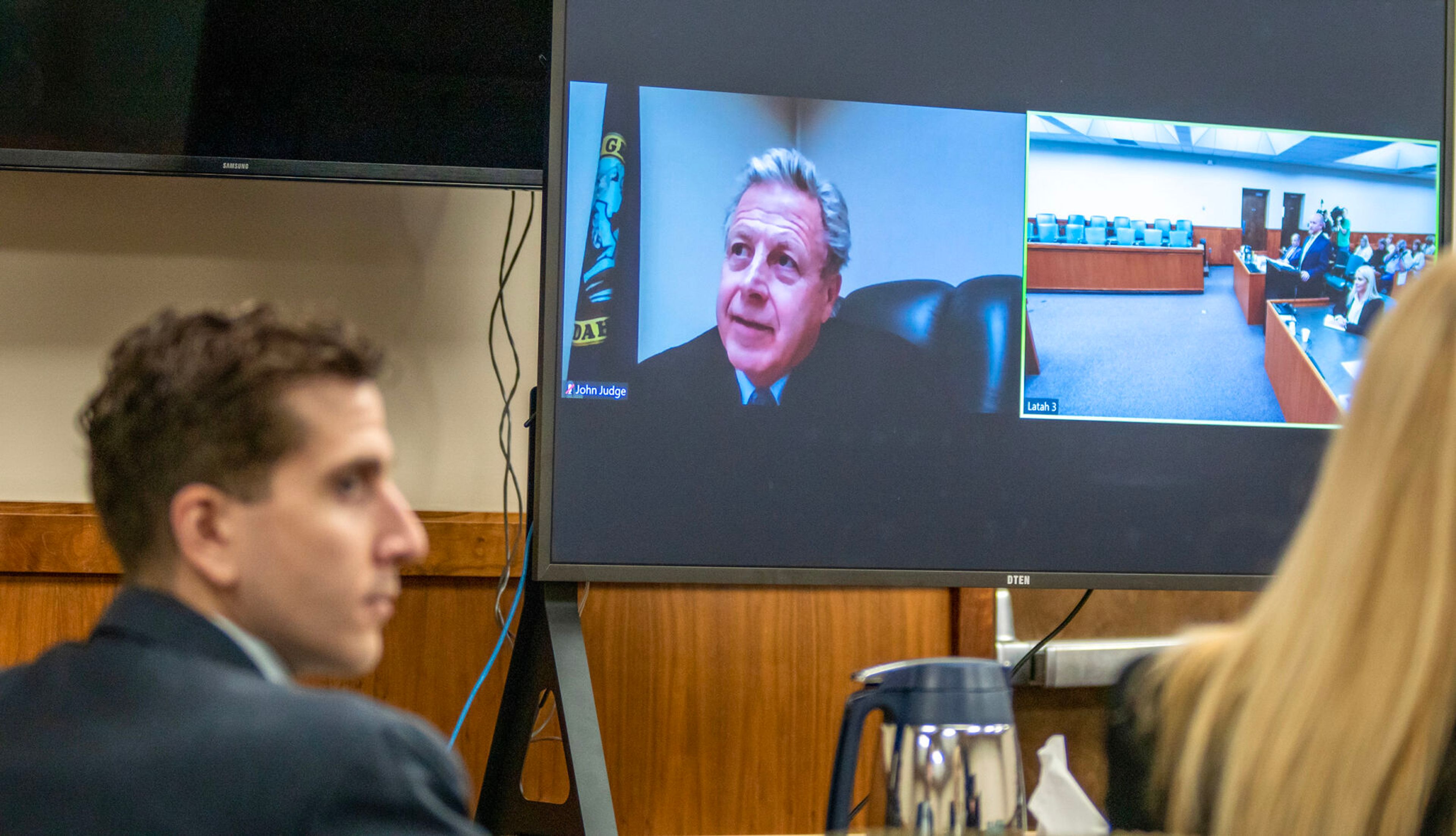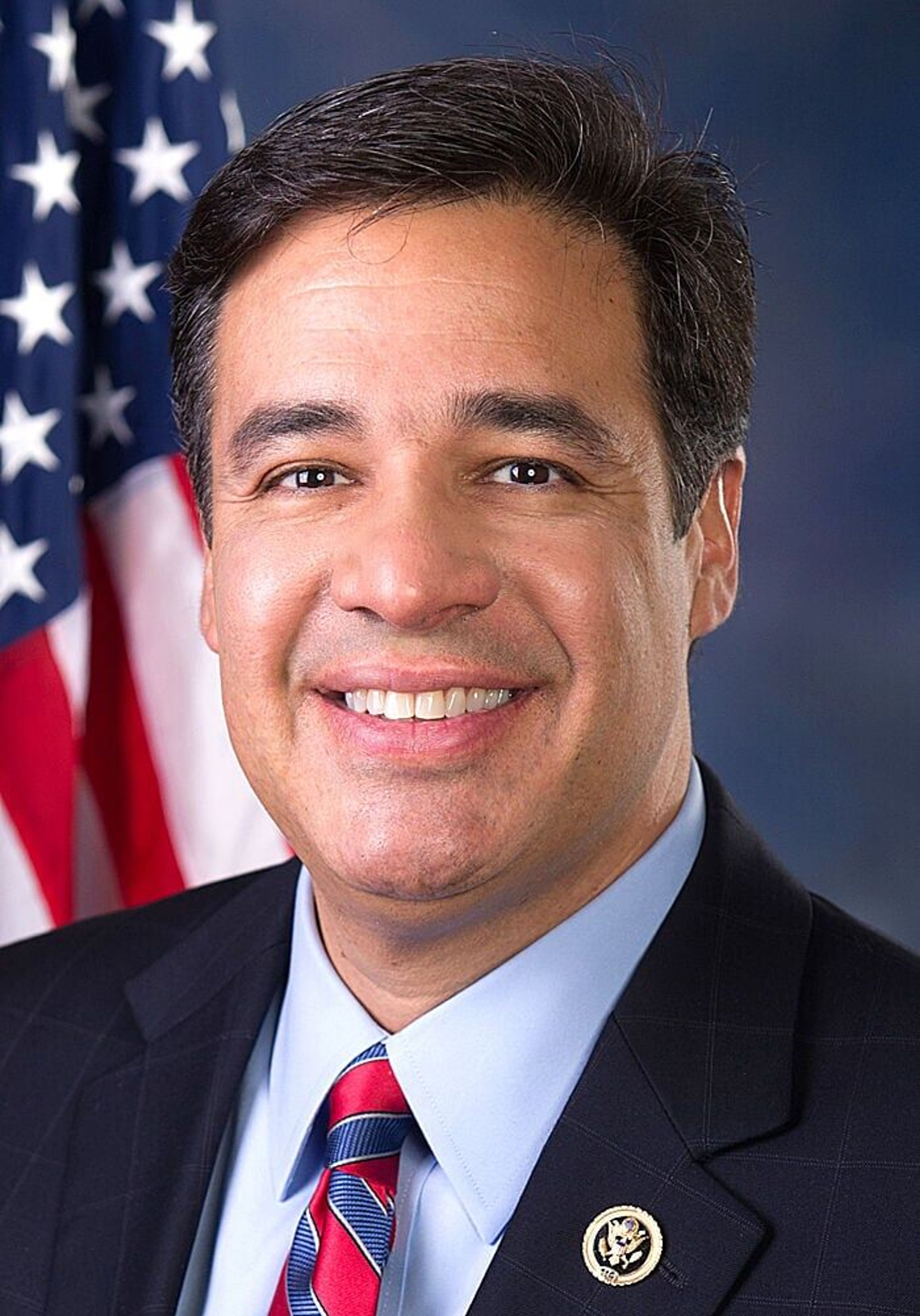The Idaho Supreme Court has upheld that the state’s abortion bans are constitutional, with two justices dissenting.
In an opinion released Thursday afternoon, a 3-2 majority denied requests to block Idaho’s three abortion bans in Planned Parenthood v. State of Idaho, which combined three challenges to the laws into one case.
In a summary of the opinion, the court states it cannot support the conclusion that the right to abortion is protected in the Inalienable Rights Clause, in the territorial laws of Idaho, or the state Constitution.
“To the contrary, the relevant history and traditions of Idaho show abortion was viewed as an immoral act and treated as a crime,” the opinion summary states. “Thus, we cannot conclude the framers and adopters of the Inalienable Rights Clause intended to implicitly protect abortion as a fundamental right.”
The challenged laws are the six-week, “fetal heartbeat” ban; the total ban that made nearly all abortions felonies triggered by the overturning of Roe V. Wade by the U.S. Supreme Court; and the Texas-style civil liability law, which allows family members of a fetus aborted after six weeks to sue the abortion provider for a minimum of $20,000.
The trigger ban allows “affirmative defenses” for doctors if prosecuted, if the abortion was done in cases of rape or incest that was documented with a police report or it was necessary to prevent the death of the mother.
The majority of the court argued each of these laws passes a “rational-basis” review, which means the laws are rationally related to the “government’s legitimate interest in protecting prenatal fetal life at all stages of development,” the opinion, signed by Chief Justice Richard Bevan and Justices Robyn Brody and Gregory Moeller, states.
Justices Colleen Zahn and John Stegner dissented.
In her dissent, Zahn argues a pregnant woman has a “fundamental right” to an abortion to preserve her life or health.
“A woman’s pregnancy — and whether that pregnancy is terminated — drastically impacts her rights to both life and safety,” Zahn wrote.
The justice, however, did not agree with Planned Parenthood’s argument that the broader right to abortion was implicitly protected in the state Constitution.
Stegner concurred with Zahn’s dissent, but went further to say that there is a broader fundamental right to get an abortion, and it should not be limited to circumstances to protect the life or health of the mother.
“The decision the majority hands down today is, in my view, simply wrong,” Stegner wrote. “Today’s decision strips Idaho’s women of their most basic rights, which in Idaho’s constitution, in contrast with the federal constitution, explicitly include life, safety, liberty, and happiness.”
The opinion says that the decision does not prevent further legislation to protect abortion but that it is not explicitly protected in the state Constitution.
In a statement from Planned Parenthood Great Northwest, which challenged the laws, the organization said the consequences of the decision will “fall largely on people who already face the greatest barriers to health care due to this country’s legacy of racism and discrimination ....”
“This is a dark day for the state of Idaho, but our fight is far from over,” Rebecca Gibron, CEO of Planned Parenthood Great Northwest, Hawaii, Indiana, Kentucky, said in a statement. “Planned Parenthood will never back down. We will keep fighting with everything we’ve got to restore Idahoans’ right to control our bodies and our lives. No matter what happens, Planned Parenthood is here for you. Our doors are open in Idaho, and our teams are ready to help you get the care you need, even if that means traveling out of state.”
The Idaho Family Policy center helped draft and push through both the “heartbeat bill” and law that putting in place the civil enforcement mechanism.
“As we have been saying for months, our Idaho Heartbeat law is constitutionally, scientifically, and morally sound. We were confident that our Heartbeat law would withstand judicial scrutiny, and today settles that debate once and for all,” policy center President Blaine Conzatti said in an emailed statement.
“Because of these two pro-life laws, thousands of Idaho babies will receive the opportunity to live their lives and reach their highest potential.
“I especially want to (thank) the legislative sponsors who worked tirelessly to protect these preborn children — Rep. Steven Harris and Sen. Patti Anne Lodge on the Heartbeat law, and Rep. Megan Blanksma and Sen. Todd Lakey on the Trigger law.
“The pro-life movement has worked toward this day for decades with sweat, tears, and sacrifice. Today is a great day for precious preborn babies in Idaho!”
Idaho Democratic Party Chairperson Lauren Necochea, who is also assistant House minority leader, said in an emailed statement the party would continue to fight for the right to abortion and that the decision made it “clearer that Idahoans cannot rely on the courts to protect their reproductive freedoms.”
“Idaho’s extreme abortion ban, passed by the Republican-controlled legislature and signed by Gov. Little endangers the lives of pregnant Idahoans and undermines the duty hospitals have to treat and stabilize sick patients,” Necochea said in the statement. “These Republican politicians have made it clear in their party platform they would rather let a pregnancy kill a person than allow them to receive an abortion.”
The state Supreme Court initially placed a hold on the 2022 laws because of the pending lawsuits, but lifted the stay in August. The court declined to put a hold on the trigger law.
There is a separate challenge to the state’s trigger law in federal court from the U.S. Department of Justice, charging that it violates federal law requiring that hospitals that receive Medicare funding provide emergency treatment; the state’s law lacks exceptions for cases where the mother’s health, but not life, is endangered.
Guido covers Idaho politics for the Lewiston Tribune, Moscow-Pullman Daily News and Idaho Press of Nampa. She may be contacted at lguido@idahopress.com and can be found on Twitter @EyeOnBoiseGuido.






